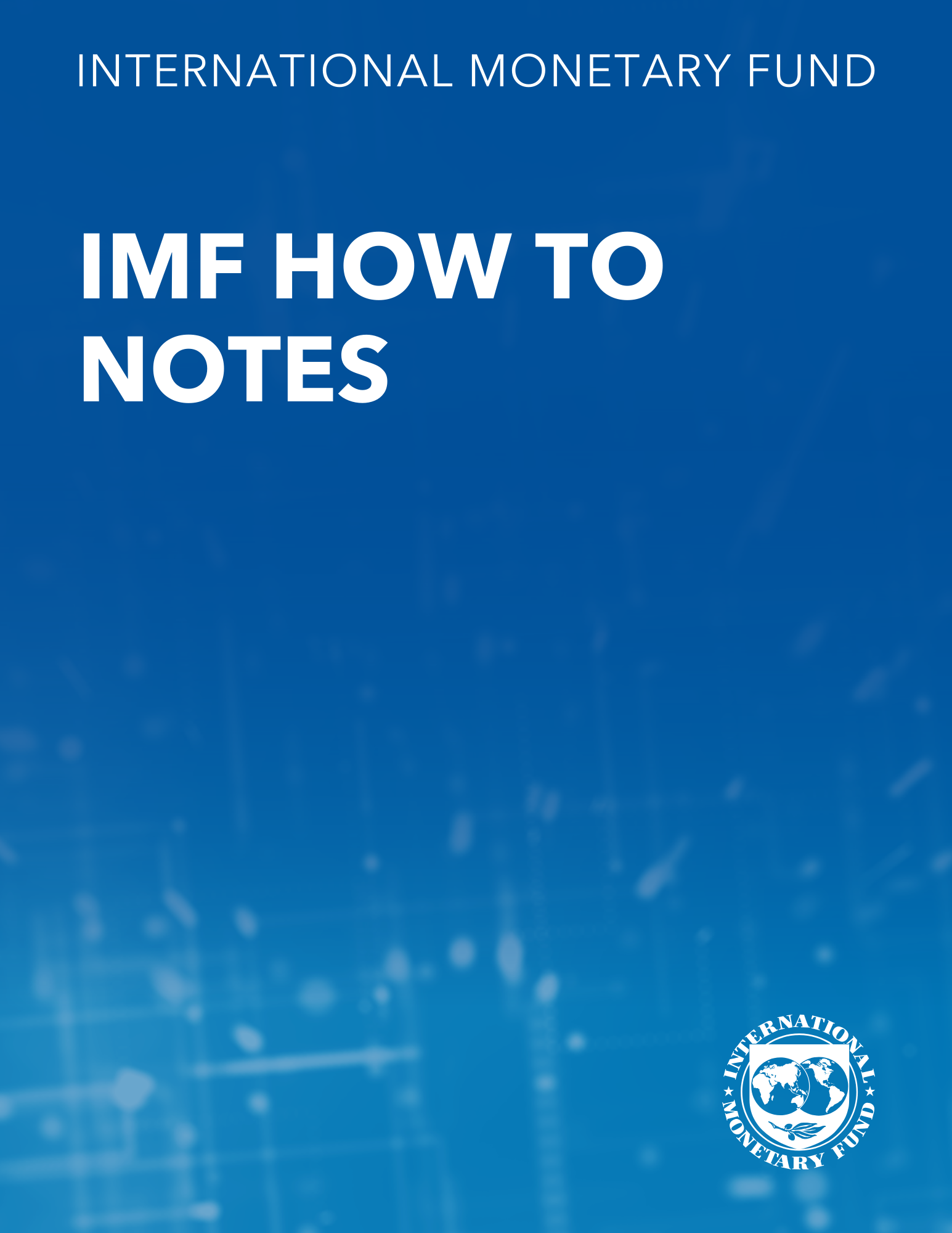Gulf Cooperation Council (GCC)—Tax Policy Reforms in the GCC Countries - Now and How?
December 10, 2015
Summary
<strong>GCC countries need to overhaul their tax systems and increase tax revenues</strong>. This is an important part of implementing a comprehensive medium term fiscal adjustment strategy, which should include three other main elements: raising domestic energy prices; containing recurrent spending, particularly wages; and enhancing the efficiency of public sector investment.<br><br> <strong>Tax reform in the GCC should introduce modern and efficient tax systems to the region.</strong> Existing tax systems are characterized by very low rates and narrow bases. Dating back to the mid-20th century, GCC taxation systems are not very efficient and generate persistently low revenues. Tax reforms will help mobilize tax revenues, provide the region with the opportunity to modernize tax laws and institutions, and create the foundations for financing the provision of government services when oil reserves dwindle. In addition to encouraging greater accountability, these systems will help promote equity and perceptions of fairness, while aligning GCC countries with international practices.<br><br> <strong>GCC countries should choose a combination of modern efficient tax instruments.</strong> These could be based on a low rate broad-based VAT tax together with selected excises, a business profits tax, and possibly a recurrent property tax. The combination of these taxes can ensure efficient and progressive tax systems in the region. Taxes should be at low rates with limited exemptions, with the aim of collecting revenues in line with country budget needs and constraints.<br><br> <strong>The VAT is an ideal revenue instrument for the GCC countries.</strong> It is a modern consumption tax that is highly effective in mobilizing tax revenue while avoiding economic distortions. Countries should move ahead with announcing the broad principles of the GCC VAT framework as soon as possible. International experience suggests that it will take 18–24 months from the time that a decision is made to implementation.<br><br> <strong>Tax reforms need to start as early as possible, preceded by careful coordination, planning, and communication</strong>. The budgetary impact of the low oil prices is immediate, while building the required modern tax institutions takes time. While coordination and harmonization across GCC governments would be beneficial, reforms should not wait for the last-mover. Individual countries can develop and implement tax reform as soon as they are ready politically and administratively. Early moves by some countries could provide a useful demonstration effect to other countries. Tax reforms need to be supported by a communication strategy to muster support for the reforms and overcome skepticism about the usefulness of modern taxation systems in oil-rich countries.
Subject: Cooperation Council for the Arab States of the Gulf, Cross country analysis, Tax policy, Tax reforms, Tax revenues, Tax system reviews, Value added tax
Pages:
---
Volume:
---
DOI:
---
Issue:
---
Series:
Policy Papers
Stock No:
---
ISBN:
---
ISSN:
---






